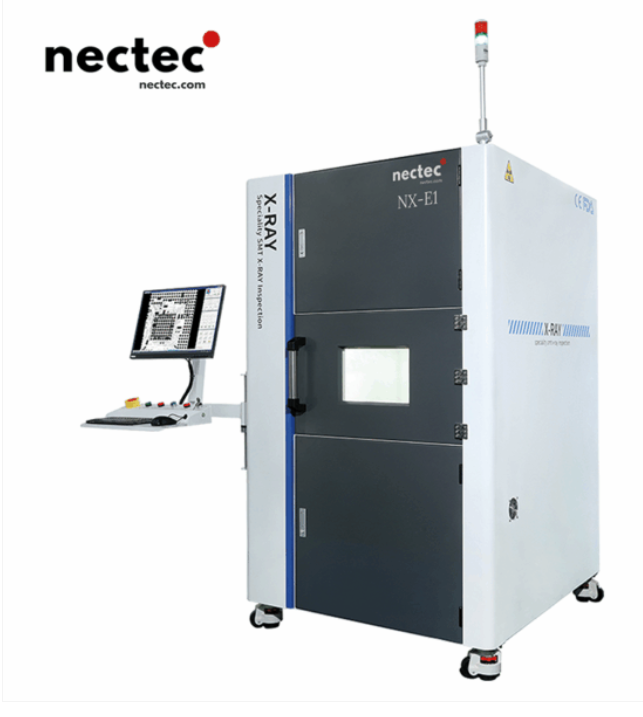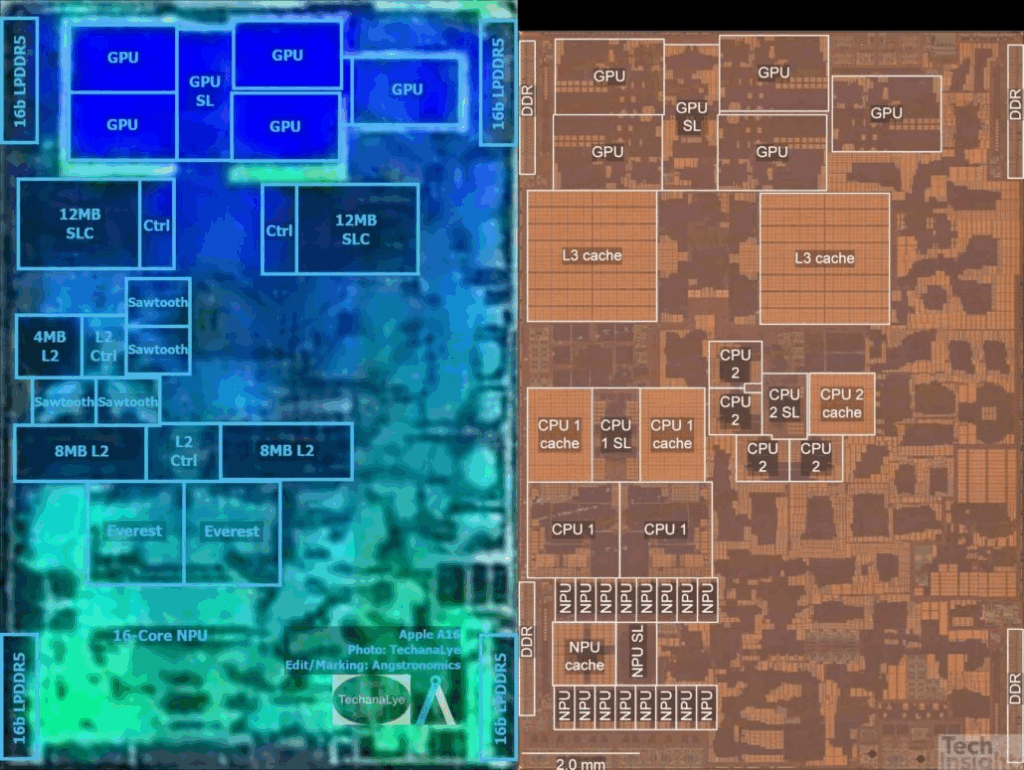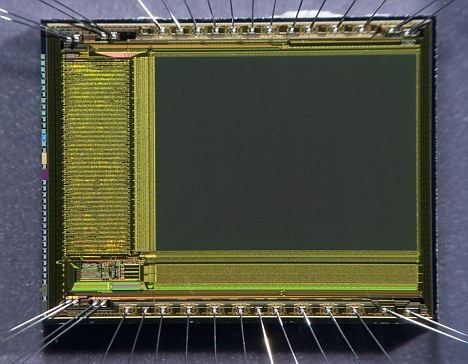Tehnologia de montare a cipurilor SMT conduce valul de fabricație electronică inteligentă. Nectec conduce progresul industriei cu detecție de înaltă precizie și procese ecologice, realizând fabricarea fără defecte și o creștere de 24% a capacității de producție, oferind o soluție din Shenzhen, China pentru industria electronică globală. Pe măsură ce produsele electronice globale își accelerează iterația către inteligență, miniaturizare și integrare ridicată, montarea cipurilor SMT a devenit o parte esențială a producției electronice moderne. Cu avantajele sale de producție eficientă, asamblare de înaltă precizie și optimizare a costurilor, această tehnologie continuă să pătrundă în domenii precum electronica de consum, electronica auto, comunicațiile 5G și internetul obiectelor. Companiile de vârf din industrie, precum Shenzhen Nectec, promovează dezvoltarea de înaltă calitate a industriei de montare a cipurilor SMT prin inovare tehnologică și actualizări inteligente.
În primul rând, am dori să discutăm progresele înregistrate atât în ceea ce privește creșterea cererii pe piață, cât și în ceea ce privește iterația tehnologică. Anticipăm că diversificarea scenariilor de aplicare va extinde și mai mult oportunitățile pieței, pe măsură ce adoptarea pe scară largă a unor produse precum smartphone-urile, dispozitivele purtabile și vehiculele electrice determină o creștere exponențială a cererii de servicii de asamblare SMT. Conform statisticilor, se estimează că dimensiunea pieței globale de echipamente SMT va depăși 7 miliarde de dolari americani până în 2025, cu rate de creștere semnificative în sectoarele electronicii auto și controlului industrial. Dacă luăm drept exemplu clienții Nectec, liniile lor de producție PCBA s-au extins deja în domenii emergente, cum ar fi dispozitivele smart home și echipamentele medicale, reflectând cererea diversificată din partea piețelor din aval. De asemenea, credem că inovarea tehnologică este un alt factor important în creșterea plafonului industriei, deoarece inovarea tehnologică a industriei se concentrează pe montajul de înaltă precizie și pe producția inteligentă. De exemplu, aparatul inteligent de inspecție cu raze X NX-E1 de la Nectec reduce timpul de inspecție cu 28% și rata defectelor cu 45% prin programare rapidă și feedback de date în timp real. Astfel de descoperiri tehnologice nu numai că optimizează procesele de producție, dar, de asemenea, fac industria să avanseze către obiectivul de producție fără defecte. În plus, aplicarea tehnologiei de plasare cu laser și a proceselor de plăci de circuite flexibile a depășit și mai mult limitările SMT tradiționale în prelucrarea componentelor miniaturizate.

În al doilea rând, am dori să discutăm câteva dintre principalele provocări și soluții în tranziția către producția inteligentă. În primul rând, abordăm provocarea de a echilibra controlul calității și eficiența, deoarece chiar și o neglijență minoră în inspecția componentelor în timpul producției în masă poate duce la defecte de calitate generalizate. Nectec utilizează o strategie dublă de inspecție inteligentă și optimizare a proceselor, integrând procesele de inspecție a componentelor SMT și PCB cu sistemele de calibrare a parametrilor echipamentelor pentru a se asigura că abaterile de la proces sunt identificate și corectate într-un stadiu incipient. De exemplu, modulul AOI pe care l-am dezvoltat poate analiza simultan calitatea lipirii și datele de compensare a componentelor, îmbunătățind semnificativ ratele de randament. În calitate de producător de renume internațional de mașini de inspecție cu raze X și mașini de plasare SMT, Nectec pune mare accent pe relația dintre producția ecologică și controlul costurilor, deoarece reglementările globale de mediu din ce în ce mai stricte determină companiile să își modernizeze procesele. Nectec a introdus tehnologia de lipire fără plumb și a optimizat algoritmii de utilizare a pastei de lipit, reducând costurile materialelor pentru plăci unice cu 10% și, în același timp, emisiile de compuși organici volatili. Această practică demonstrează compatibilitatea investițiilor de mediu cu beneficiile economice, oferind industriei o cale reproductibilă pentru transformare. În al treilea rând, am dori să discutăm despre unele împuterniciri ale industriei și despre planurile de viitor ale Nectec. Când vine vorba de dezvoltarea afacerilor, Nectec acordă cea mai mare prioritate construirii unui ecosistem inteligent. Utilizând o platformă de internet industrial, Nectec a integrat fluxurile de date de-a lungul întregului lanț, de la gestionarea comenzilor și programarea producției la trasabilitatea calității. Echipamentul nostru de inspecție cu raze X este perfect integrat cu sistemul de execuție a producției, permițând o creștere cu 20% a utilizării capacității. Acest model de inspecție ca serviciu remodelează relația de colaborare dintre producătorii contractuali SMT și clienții lor.

În plus, odată cu creșterea industriei SMT și contracția continuă a piețelor diferiților producători, rezervele tehnologice au devenit din ce în ce mai importante în contextul concurenței globale. Confruntată cu impactul producției cu costuri reduse în Asia de Sud-Est, Nectec și-a consolidat avantajele printr-o strategie tehnologică diferențiată.
De exemplu, soluția noastră de montare 3D dezvoltată pentru plăci de interconectare de înaltă densitate a fost certificată de mai mulți producători europeni de electronice auto. În viitor, Nectec intenționează să crească investițiile în cercetare și dezvoltare în algoritmi de predicție a defectelor AI pentru a reduce și mai mult nevoia de intervenție manuală. În cele din urmă, să analizăm cu atenție perspectivele industriei pentru SMT și inspecția cu raze X și poziționarea strategică a Nectec. Pe baza cererii de pe piață și a potențialului tehnologic, industria de asamblare SMT va prezenta trei tendințe majore. Prima este producția flexibilă: aceasta are drept scop adaptarea la capacitățile de comutare rapidă necesare pentru comenzile de loturi mici și de mare varietate; a doua este inteligența procesului complet: aceasta are drept scop realizarea unui management digital în buclă închisă, de la proiectare la inspecție; a treia este integrarea interindustrială: aceasta are drept scop facilitarea inovării în colaborare cu tehnologiile de ambalare a semiconductorilor și de microasamblare.
În concluzie, prin dubla motivație a tehnologiei și a serviciilor, Nectec a devenit un punct de referință al industriei pentru inovare. Începând cu inspecția cu raze X, ne-am transformat treptat într-un furnizor de soluții complete de producție inteligentă, oferind un exemplu pentru industrie în ceea ce privește tranziția de la producția cu un singur proces la lanțuri valorice high-end.

În contextul globalizării tot mai accentuate a industriei producătoare de electronice, ascensiunea unor astfel de întreprinderi cu utilizare intensivă a tehnologiei va impulsiona puternic participarea Chinei la competiția internațională în domeniul producției de vârf.





